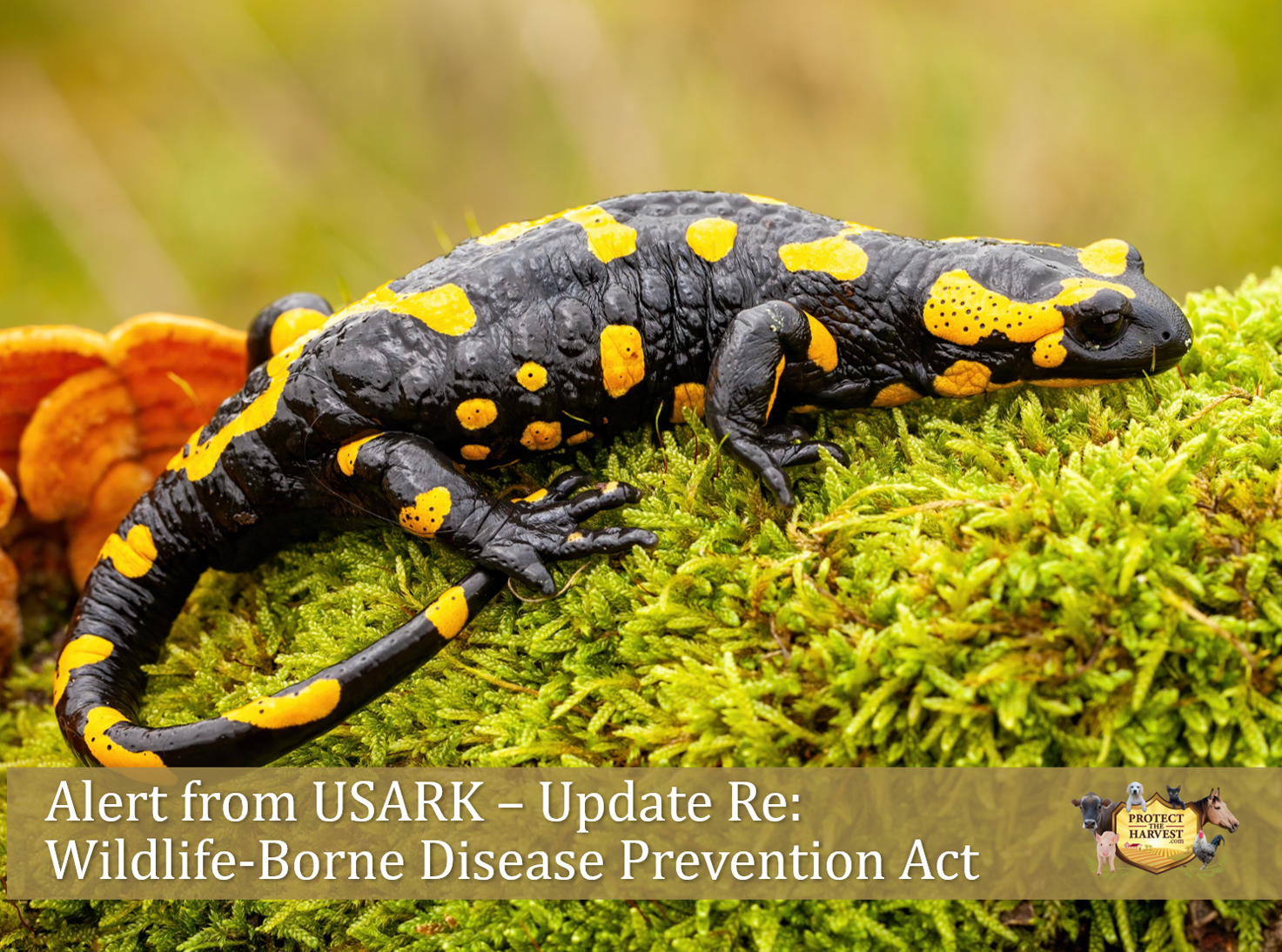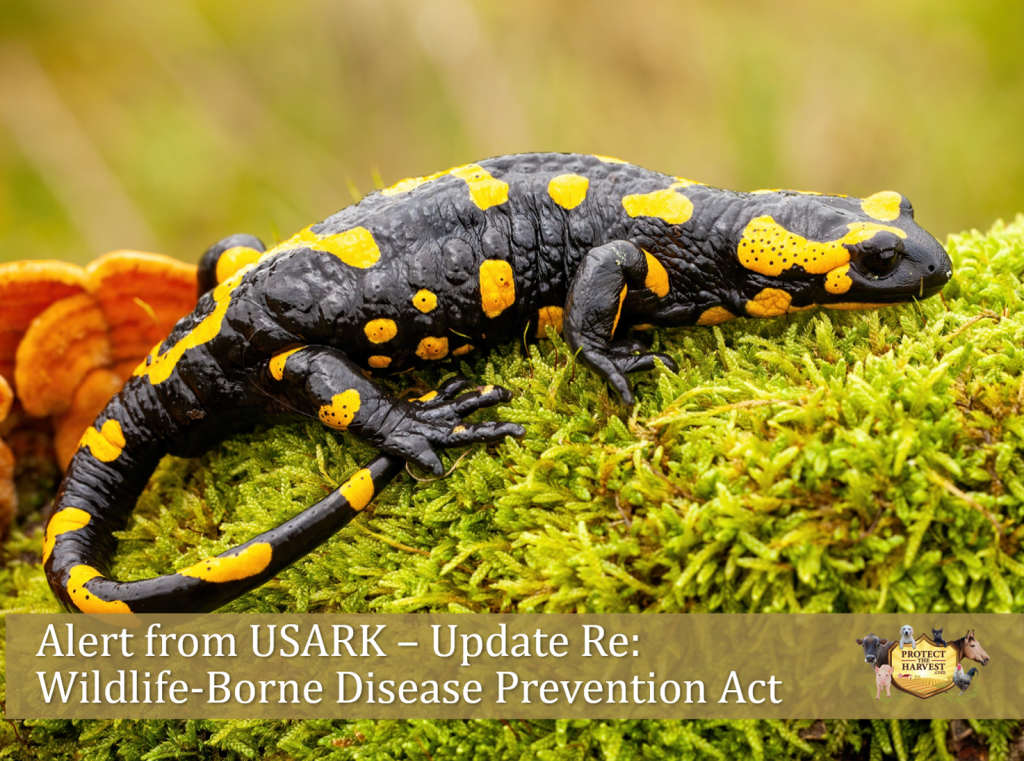
An alert from our friends at United States Association of Reptile Keepers: Wildlife-Borne Disease Prevention Act (Federal)
September 8, 2020
UPDATE (with original alert below): The HEROES Act squeaked thought the House with a vote of 208 – 199. While it is expected that the Act will not be supported by the Senate, we all must be aware of what is happening in the current political climate.
Buried on pages 1,628-1,635 of the latest 1,815-page House democratic draft of a COVID-19 relief bill known as the Health and Economic Recovery Omnibus Emergency Solutions Act (HEROES Act) is the text of the Wildlife-Borne Disease Prevention Act (the Act). In the wake of the COVID-19 pandemic and utilizing this crisis as a springboard, the Act has surfaced as activists try to conflate the issue of legal and legitimate trade with substandard wet markets and other unregulated potential vectors for zoonotic disease transmission.
Most troubling of all, the Act contains language that would reverse the USARK federal lawsuit victory by reinstating the ban on interstate transportation of species listed as injurious under the Lacey Act. In that landmark decision, four federal judges agreed that USARK was correct and that the Lacey Act did not ban interstate transportation of injurious species based on the original language of the Lacey Act and the intent of Congress. As a result of this fight for our members and the herpetocultural community, this meant animals domestically bred under human care could be moved and sold across state lines (within the continental United States). For herpetoculturists’ concerns, this included a few species of constrictors snakes and a long list of salamanders. However, that ruling was made on the current Lacey Act language.
Unfortunately, the proposed law now included in the COVID relief bill would overturn that decision. Specifically, the Act would add this language to the Lacey Act (Title 18 Section 42): “or any interstate transport between States within the continental United States.”
Not only will it ban interstate transportation, but it will expand what is considered an injurious species. In addition to the above amendment, it alters the definition of an injurious species: “to be injurious to or to transmit a pathogen that can cause disease in humans…”
We, at Protect The Harvest, want to add that according to the U.S Fish and Wildlife Service, the Lacey Act describes “a species of wildlife can be listed as injurious when it has been demonstrated to be harmful or have the potential to be harmful to either the health and welfare of humans, the interests of forestry, agriculture, or horticulture, or the welfare and survival of wildlife or wildlife resources.” It also outlines that in order “To control the introduction and spread of an injurious species, the listing of the species as “injurious” under the Lacey Act means that its importation and interstate transport are prohibited without a permit issued by the Service. This prohibition includes importation or interstate movement of live animals, their gametes, hybrids, and viable eggs.”
USARK continues with the fact that the Act has some other consequences:
1. Creates a new route to petition for listing injurious species (with 90 days for the government to respond);
2. Requires a list of species “that could pose a biohazard risk to human health” be compiled by the government and determine if those species may be injurious. The list is to be finalized within one year after passage of the Act;
3. Creates a new electronic permitting system;
4. Creates new monitoring, research, management, and database frameworks (Wildlife Disease Surveillance through the United States Geological Survey’s National Wildlife Health Center).
While we do not believe that the HEROES Act as passed by the House will be supported by the Senate, we do have reasonable concerns that the language on the wildlife trade will find its way into a subsequent bill that could pass the Congress.
You can find the full HEROES Act at this link. See page 1,628 for the Wildlife-Borne Disease Prevention Act HERE



